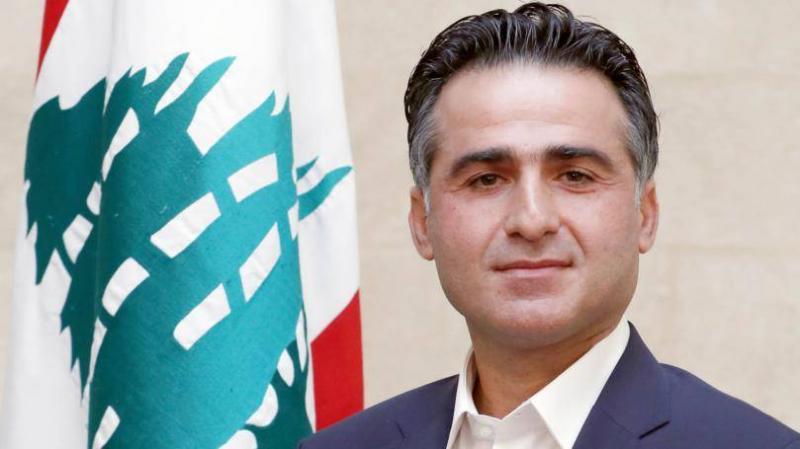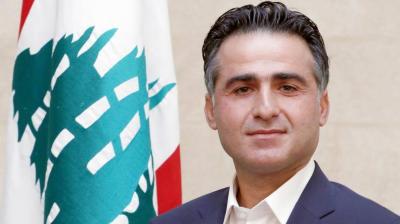A reception was held at the Lebanese consulate in Canada, organized by Consul Tony Aid, welcoming Minister of Public Works and Transport, Dr. Ali Himieh, and his accompanying delegation after his participation in the 41st meeting of the International Civil Aviation Organization (ICAO). Minister Himieh expressed his gratitude to Consul Aid and the members of the Lebanese community for "this kind gesture," emphasizing that the saying "Lebanon cannot survive without its wings" should be complemented by acknowledging that "the diaspora is a fundamental pillar of state establishment and national revival." He considered that "the factor of trust that the expatriate has towards his homeland is essential, and it is the responsibility of officials to cultivate this trust through their public duties."
He added that, based on this vision, the performance of the Ministry of Public Works and Transport should focus on two main objectives: first, improving and correcting the work in its public facilities; and second, addressing the urgent need for reforms to develop and activate those facilities. These two pillars can collectively form the essential foundation for the citizen's trust in his state, especially for those in the diaspora.
He continued by outlining the "activation and reform" efforts made "at the Port of Beirut, as well as at Rafic Hariri International Airport - Beirut." He noted that "the Port of Beirut, which nearly ceased operations after the disaster of August 4, 2020, has seen an increase in operational activity after the activation process, making it a significant financial contributor to the state treasury, helping to cover part of the public budget deficit; all of this preceded the reconstruction process, which was also pursued with great enthusiasm and a reformist vision."
He stated, "The activation and reform at the port, as well as at the airport, progressed side by side, enabling the latter to also become an important financial contributor to the state treasury, whether through new tenders held at some of its facilities or through correcting some fees legally and effectively, without touching the pockets of citizens at all. This led to a continuous increase in financial revenues generated from these facilities, positively impacting the sovereignty of the Lebanese state, which is increasingly fortified."
He addressed the community members and, through them, all expatriates, affirming that "one of the trust factors that should be reinforced is related to the ongoing governmental efforts to ensure that depositors' funds in Lebanese banks are returned to their owners without any diminishment, as these are sacred rights that should not be infringed upon." He pointed out that "this was the focus of his discussions and attention at the Cabinet meeting during the budget discussions."
He emphasized that "the law was written to be implemented, not to remain mere ink on paper. Hence, our concern has always been, and still is, to work within the ministry and its affiliated facilities solely for the application of the law, nothing more." He concluded by urging expatriates "not to lose faith in their homeland as they are truly one of the fundamental pillars of Lebanon's revival."
For his part, Consul Aid welcomed Minister Himieh and praised his "competence, vision, and integrity," considering that "national interest and love for the homeland" characterize the work carried out by the minister.




